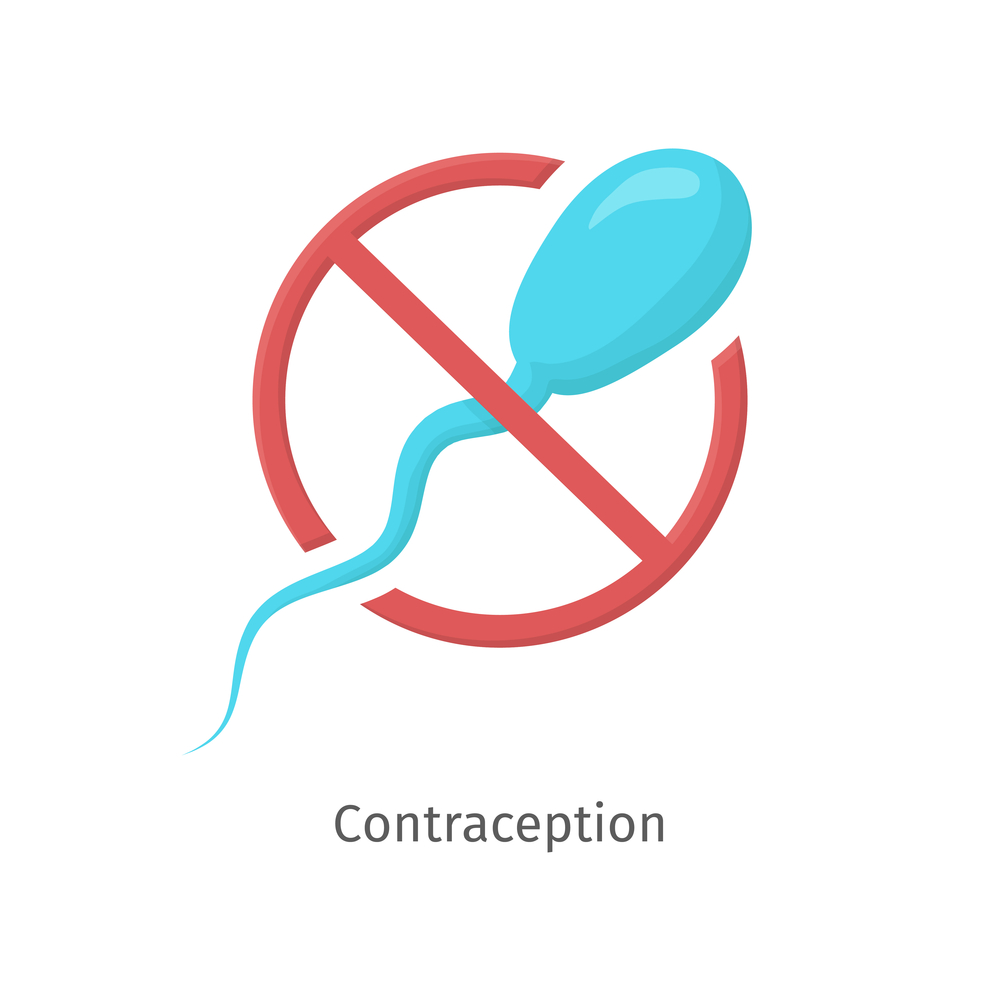Debunking Common Myths About Contraceptive Methods: What You Need to Know
This comprehensive guide debunks common myths about contraceptive methods, clarifying misconceptions regarding STI protection, effectiveness, and long-term fertility effects. It emphasizes the importance of correct condom use, considers more reliable long-term options, and highlights the importance of informed choices for reproductive health. Empowering individuals with accurate information helps foster safer, more effective contraception decisions and promotes overall sexual health awareness.

Debunking Common Myths About Contraceptive Methods: What You Need to Know
Understanding the Facts: Myths and Realities of Contraception
In today’s world, access to a vast array of information about contraception is more widespread than ever before. However, along with accurate facts, myths and misconceptions about birth control continue to circulate, often leading to confusion and misinformation. Whether it’s about effectiveness, safety, or side effects, understanding the truth behind popular myths is crucial for making informed decisions about reproductive health. This comprehensive guide aims to clear up some of the most common myths about contraceptive methods, providing clarity and reliable information to help individuals and couples choose the right options for their needs.
Myth 1: Contraceptive Methods Provide Complete Protection Against Sexually Transmitted Infections (STIs)
One of the most widespread misconceptions is that birth control methods can prevent sexually transmitted infections. While some methods, such as condoms, do significantly reduce the risk of STIs, other contraceptive options like pills, patches, IUDs, or implants do not offer protection. It’s essential to understand that condoms remain the only highly effective barrier method proven to reduce transmission of most STDs, including HIV. Proper and consistent condom use is critical in minimizing the risk, but no contraceptive method alone can guarantee protection against all STIs. For individuals engaging in sexual activity with new or multiple partners, combining condom use with routine STI testing and other protective measures is the safest approach.
Myth 2: Condoms Are the Safest and Most Reliable Method for Preventing Pregnancy
While condoms are a popular and accessible form of contraception, they are not entirely foolproof. When used perfectly every time, condoms have an effectiveness rate of around 98%. However, in real-world scenarios, typical use—considering factors like improper application or breakage—reduces efficacy to approximately 85%. This means that around 15 out of 100 women using condoms as their primary method may still experience pregnancy each year. Experts recommend considering more reliable long-term options such as intrauterine devices (IUDs) and implants, which boast efficacy rates exceeding 99% and require less user intervention once in place. These methods not only improve pregnancy prevention but also reduce the chances of user error.
Myth 3: The Withdrawal Method (Pulling Out) Is a Dependable Form of Contraception
The withdrawal method is often considered an 'natural' way to prevent pregnancy. However, it has its limitations. Effectiveness of withdrawal is around 78%, meaning nearly 22 out of 100 women might become pregnant annually when relying solely on this method. The primary issue is the possibility of pre-ejaculate fluid containing sperm, which can lead to fertilization. Despite being better than no protection, withdrawal is far less reliable than other contraceptive options. For individuals seeking higher efficacy, combining withdrawal with other methods or opting for proven contraception can significantly reduce the risk of unintended pregnancy.
Myth 4: Using Contraception Causes Long-Term Infertility
A common concern among many considering contraception is the fear that it might lead to infertility. However, scientific evidence dispels this myth. Most contraceptive methods, including hormonal pills, patches, IUDs, and implants, do not cause long-term infertility. While some women may experience temporary irregularities in their menstrual cycle after stopping contraception, their fertility usually returns to normal within a few months. It’s important for users to understand that contraception is intended to temporarily suppress fertility during use and does not have lasting effects once discontinued. Consulting healthcare providers can help tailor contraceptive choices to individual health needs, minimizing concerns about future fertility.
Efficient contraception is an essential aspect of reproductive health, offering individuals control over their bodies and life planning. By dispelling myths and understanding the facts, people can make informed decisions, prevent unintended pregnancies, and maintain a healthy sexual life aligned with personal and family goals. Educating oneself and consulting qualified health professionals are vital steps toward achieving a balanced and informed approach to contraception.





